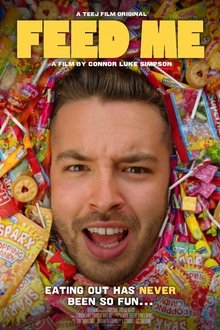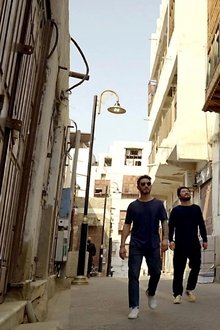From New York City to the farmlands of the Midwest, there are 50,000 Chinese restaurants in the U.S., yet one dish in particular has conquered the American culinary landscape with a force befitting its military moniker—“General Tso’s Chicken.” But who was General Tso and how did this dish become so ubiquitous? Ian Cheney’s delightfully insightful documentary charts the history of Chinese Americans through the surprising origins of this sticky, sweet, just-spicy-enough dish that we’ve adopted as our own.
Related Movies
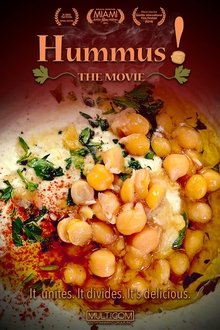
Hummus!: The Movie (2016)
Restaurateurs, musicians, politicians-everyone loves hummus. A story of faith, community, and growth is told through the lens of a dietary staple and superfood, hummus! This documentary shows how food can bring people together.
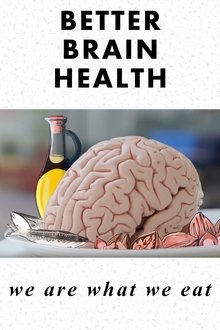
Better Brain Health: We Are What We Eat (2019)
Documentary about the connection between diet and the brain.
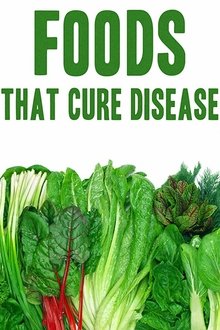
Foods That Cure Disease (2018)
Over 4 hours of crucial video. Diagnosed with high cholesterol, Craig McMahon took control of his health and beat his genetic fate by consuming a whole plant-based diet inspired by Doctors Campbell, Esselstyn, Greger and McDougall. Certified by Cornell in plant nutrition, Craig asks experts hard science questions and creates delicious healthy meals in his kitchen based from years of research.

Super Size Me (2004)
Morgan Spurlock subjects himself to a diet based only on McDonald's fast food three times a day for thirty days without exercising to try to prove why so many Americans are fat or obese. He submits himself to a complete check-up by three doctors, comparing his weight along the way, resulting in a scary conclusion.

Clarissa & the King's Cookbook (2008)
Clarissa Dickson Wright tracks down Britain's oldest known cookbook, The Forme of Cury. This 700-year-old scroll was written during the reign of King Richard II from recipes created by the king's master chefs. How did this ancient manuscript influence the way people eat today? On her culinary journey through medieval history she reawakens recipes that have lain dormant for centuries and discovers dishes that are still prepared now.
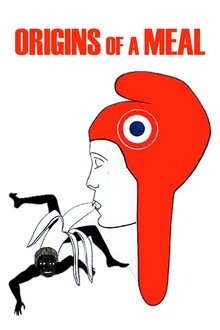
Origins of a Meal (1979)
Bananas, eggs, and tuna: three basic foodstuffs with three wildly different points of origin. Moullet begins with these on his plate but constructs his film by working backwards and finding the sources for these items and how they reach our plates. As Moullet’s investigation deepens, however, the film moves beyond the confines of a simple exploration of food origins into more political and social realms, not only relating to food but also to the medium of film.

Fragile Harvest (1986)
How safe is the future of the world’s food? This documentary explores a growing crisis in world agriculture. Plant breeding has created today’s crops, which are high yielding but vulnerable to disease and insects. To keep crops healthy, breeders tap all the genetic diversity of the world’s food plants. But that rich resource is quickly being wiped out. (NFB)
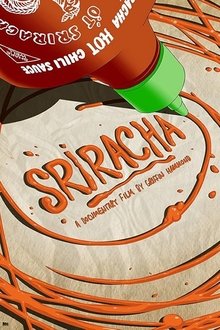
Sriracha (2013)
Sriracha has earned a cult following, but the story of this spicy sauce is a mystery to most fans. Dedicated to Sriracha lovers, this fast-paced documentary travels around the globe to reveal its origin and the man behind the iconic 'rooster sauce.'
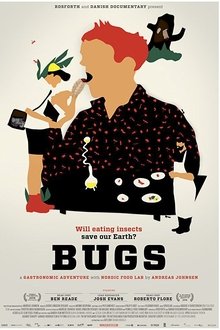
Bugs (2016)
Although scientists and agribusiness have started touting edible insects as the future of sustainable food, the notion of eating bugs hasn’t exactly gained much popularity among the general public. Head Chef Ben Reade and Lead Researcher Josh Evans from the Nordic Food Lab in Denmark are looking to change that. With a focus on food diversity and deliciousness, they set out on a globe-trotting mission to take on the politics of the palate, sampling grubs in the Australian outback, pillaging giant wasp nests in Japan and attending food expos where entrepreneurs pitch their flavorless farmed crickets. Along the way, they put their own haute cuisine spin on local insect delicacies, whipping up dishes like cricket and grasshopper ravioli, maggot cheese gelato and bee larva ceviche.

Heartland Local Food (2020)
This film explores food sustainability, how farmers' markets build community, and why local food matters. Filmmaker Dr. Benjamin Garner is an Associate Professor at the University of North Georgia. He produces films on food, marketing, and tourism. Dr. Garner consults with companies on soft skills training and produces video ads for web and social media.
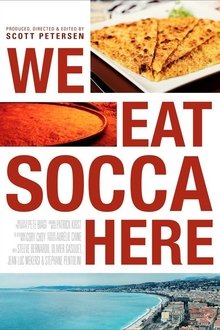
We Eat Socca Here (2021)
The hidden story of a savory local specialty found only on the French Riviera and the surrounding areas. Socca enjoys a historical and cultural significance that far outweighs its simple and rustic four ingredients. How Nice!

Food, Inc. (2008)
Documentary filmmaker Robert Kenner examines how mammoth corporations have taken over all aspects of the food chain in the United States, from the farms where our food is grown to the chain restaurants and supermarkets where it's sold. Narrated by author and activist Eric Schlosser, the film features interviews with average Americans about their dietary habits, commentary from food experts like Michael Pollan and unsettling footage shot inside large-scale animal processing plants.

We Feed the World (2005)
A documentary that exposes the shocking truths behind industrial food production and food wastage, focusing on fishing, livestock and crop farming. A must-see for anyone interested in the true cost of the food on their plate.
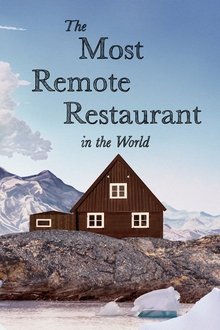
The Most Remote Restaurant in the World (2023)
The meals based on indigenous ingredients and sustainability at the forefront. Project managers are soon faced with problems ranging from sourcing ingredients to staffing a high-end restaurant in a location inhabited by only 53 people.
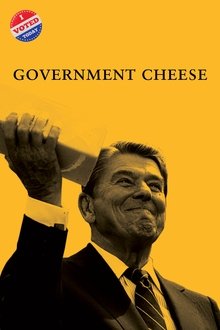
Government Cheese (2023)
After years of overproduction, the Reagan administration unloads over 500 million pounds of surplus cheese on the American public in the 1980s. The pungent dairy product comes to be known as 'Government Cheese.'
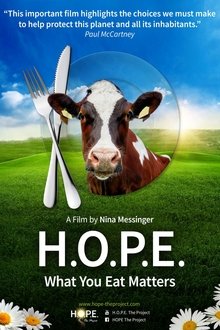
H.O.P.E.: What You Eat Matters (2016)
H.O.P.E. is a life-changing documentary uncovering and revealing the effects of our typical Western diet high in animal-based foods. It contrasts the limited interests of the pharmaceutical and agricultural industry with the all-encompassing interests of living beings on this planet and with the power of responsible consumer action. H.O.P.E. is an urgent call to action to all of us to commit to a change towards sustainability and safeguarding our living environment.
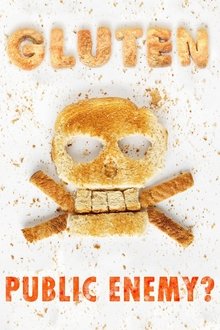
Gluten, the public enemy? (2020)
Why wheat, one of the staple food of humanity, is becoming a poison for a growing number of people today ? An investigation on the emergence of a new gluten-free products market. And yet, the real cause of this sudden tsunami of grain intolerance remains a mystery. How come all of a sudden, many of us no longer support cereal, highly nutritious in protein? Have recent changes in our eating habits triggered the epidemic? Is wheat not the good old grain we've been eating for 10,000 years? Scientists, activists and committed farmers are trying to uncover the truth on the real qualities of industrial foods.

Breaking Bread (2022)
In Breaking Bread, exotic cuisine and a side of politics are on the menu. Dr. Nof Atamna-Ismaeel - the first Muslim Arab to win Israel's MasterChef - is on a quest to make a social change through food. And so, she founded the A-sham Arabic Food Festival in Haifa. There, pairs of Arab and Jewish chefs collaborate on mouthwatering dishes like kishek (a Syrian yogurt soup), and qatayef (a dessert typically served during Ramadan), as we savor the taste of hope and discover the food of their region free from political and religious boundaries.
